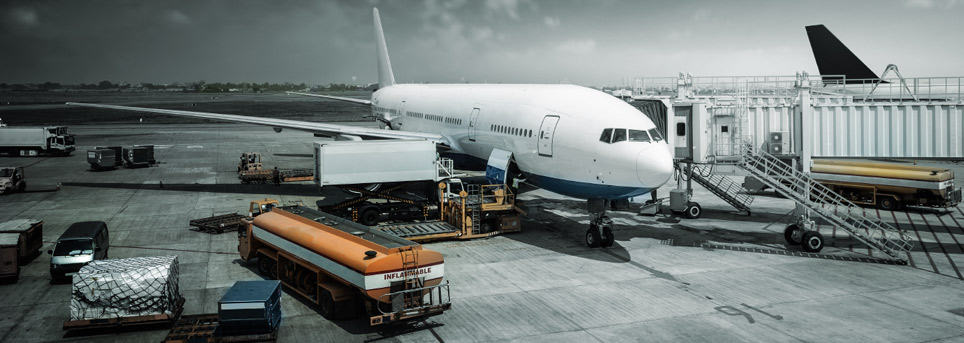While we work with simulations every day in our work with Heathrow, Gatwick and other major and minor airports worldwide, we are aware that not all the stakeholders we deal with have a great understanding of how simulations can benefit them and the terminology that can be used. So, here is the first in a series of occasional blog’s exploring simulations.
The Benefits of Simulation
Using simulations to create airport scenarios allows our clients to make decisions based on real situations. They can visualise their airport or process, as well as any possible changes, and base their decision making on our up-to-date database populated with assumptions, rules and actual data. This includes data on flight schedules, airlines, handlers, vehicles, passenger and more. We can also work with their attitude to risk, and run programmes that will run a situation a multitude of times (a Monte Carlo Simulation) to show them just how often busy periods will occur, for instance.

